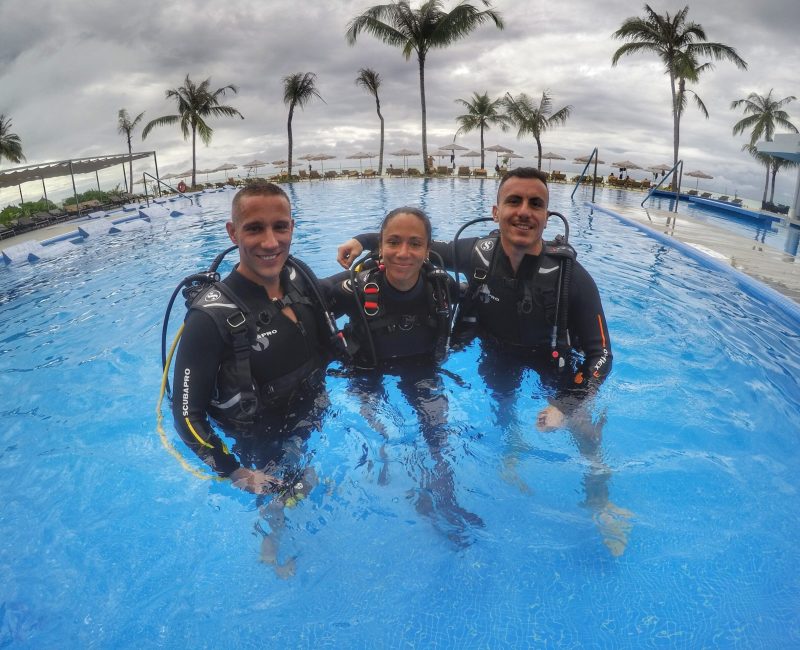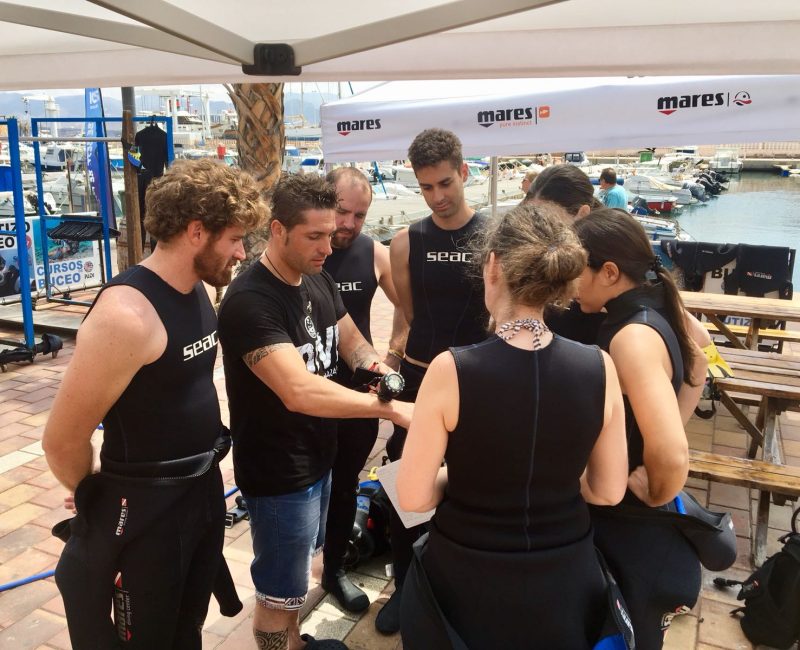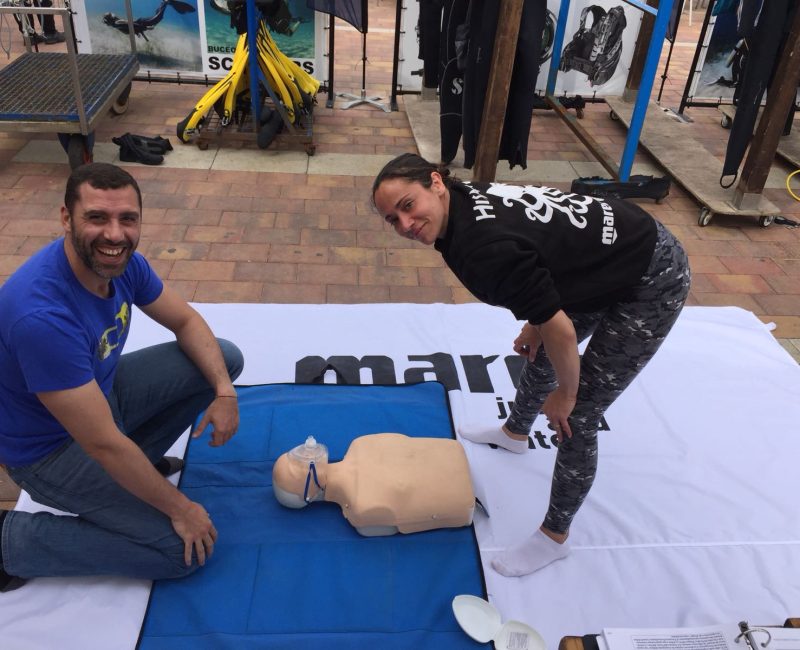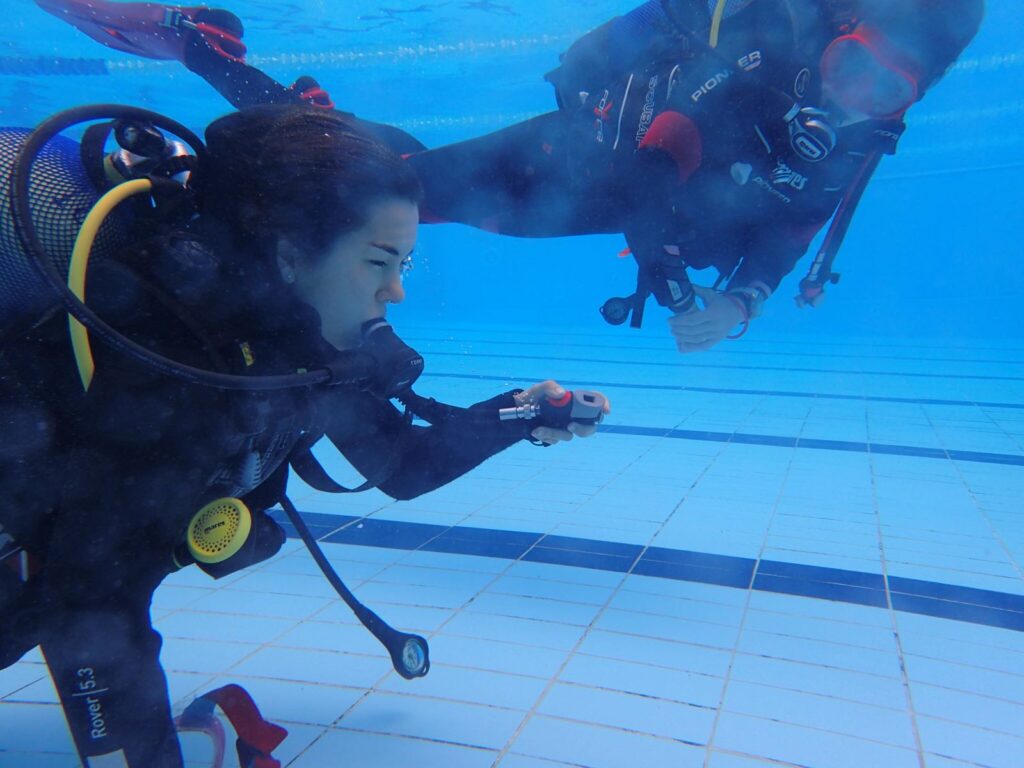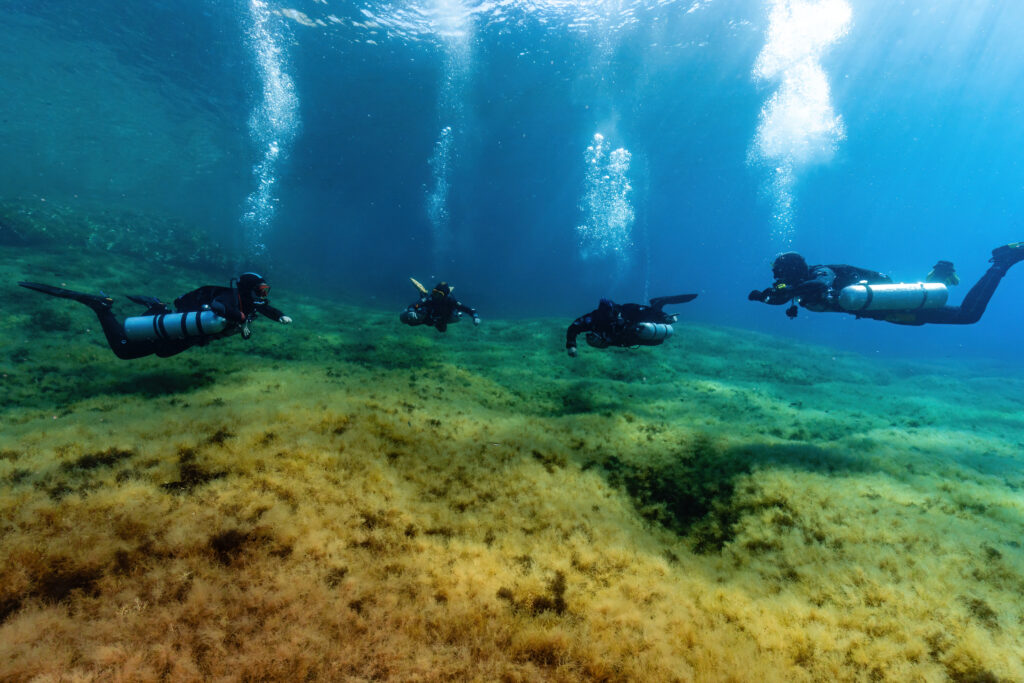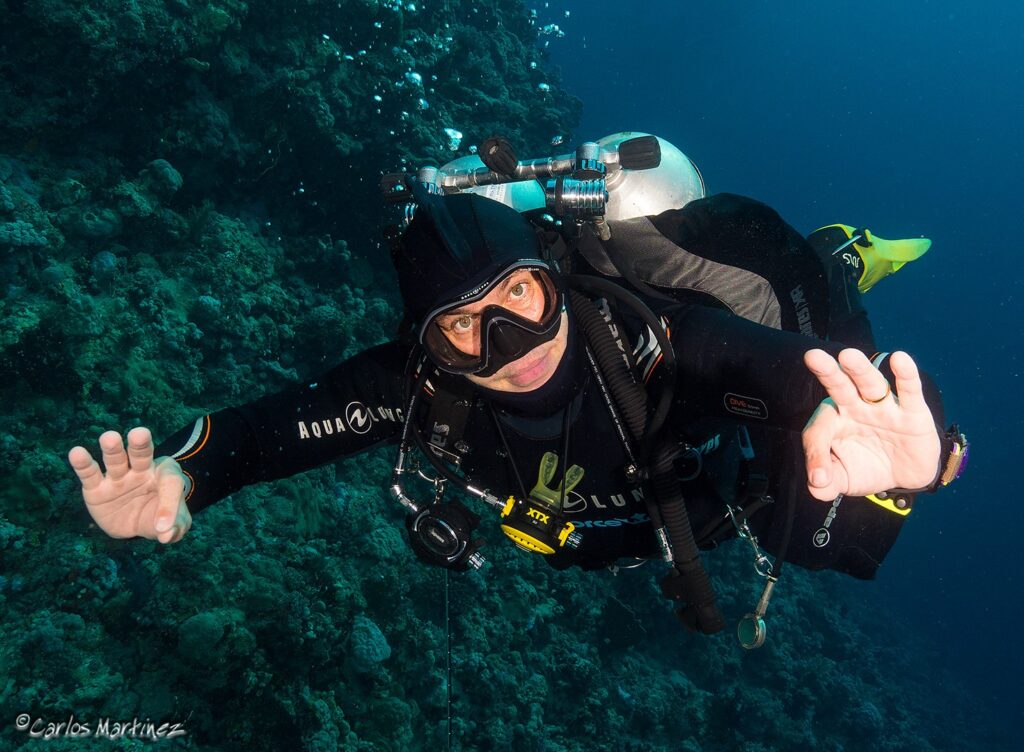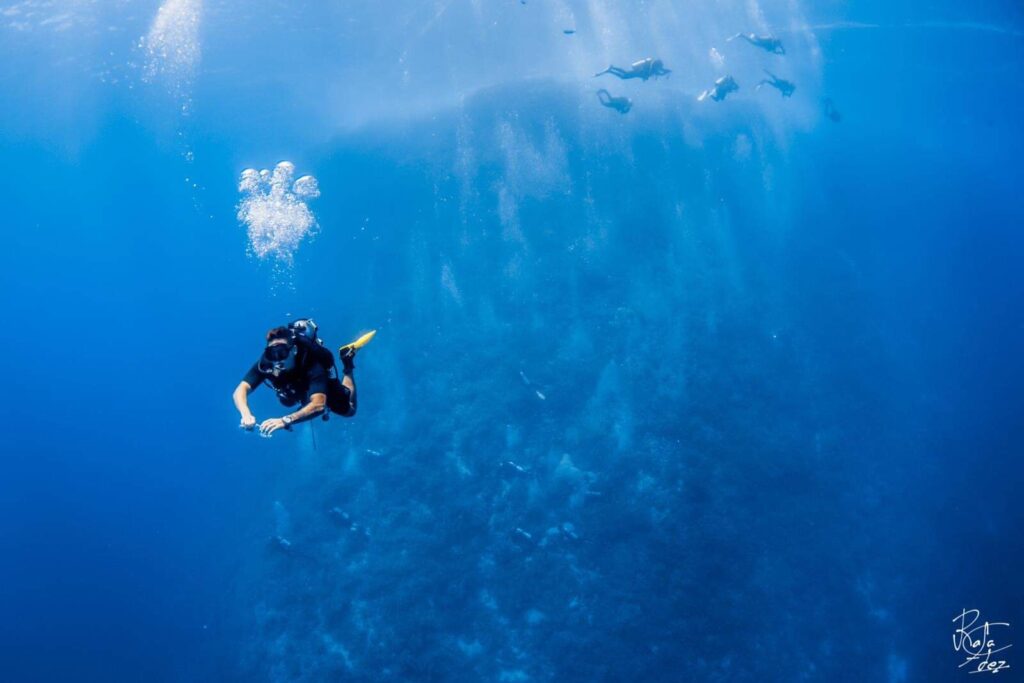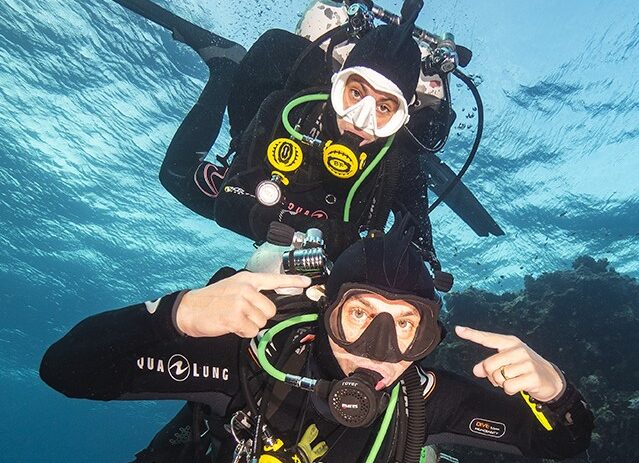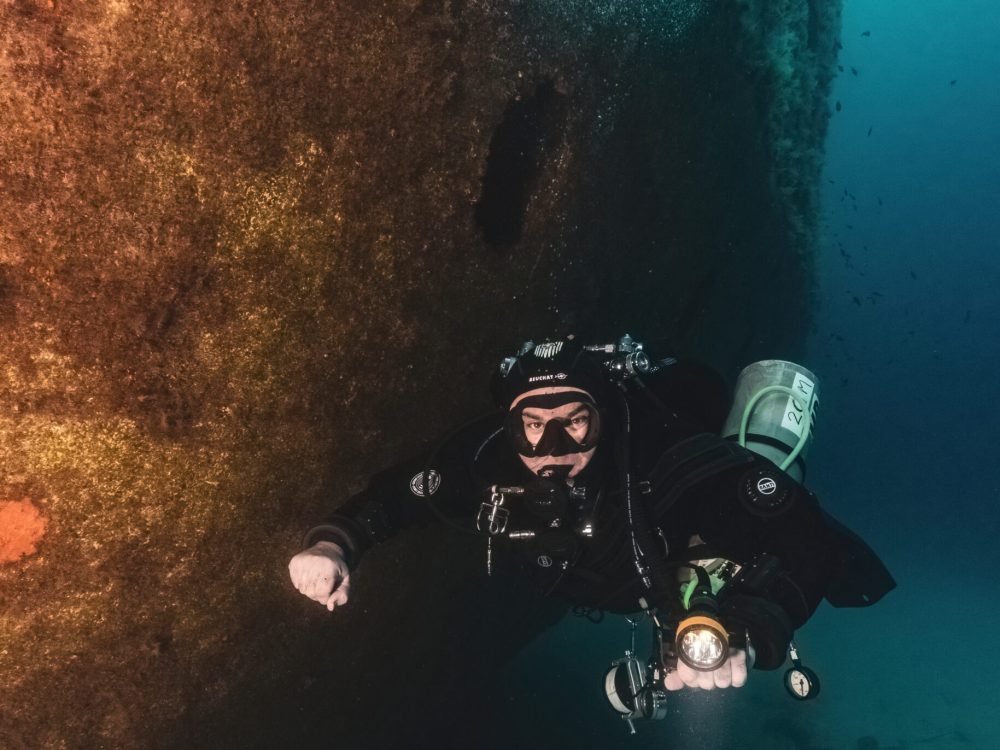Discover the different diving agencies: PADI, SSI, IANTD, TDI, GUE.
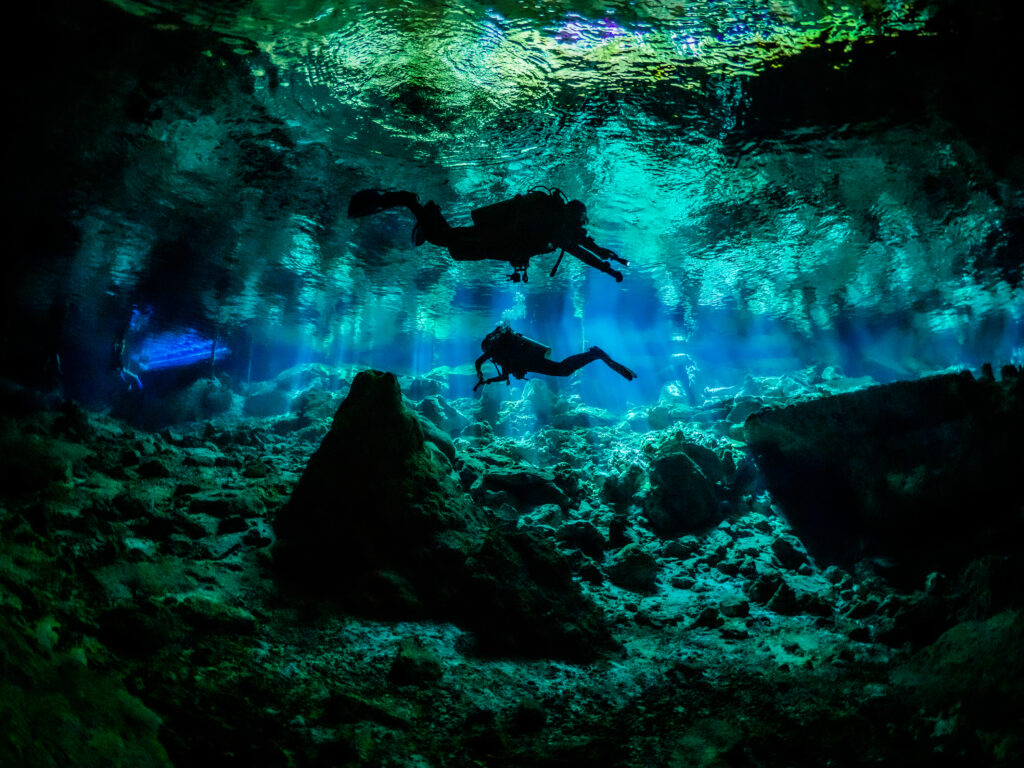
As a diving instructor for many years, my students and clients often feel a bit lost among the various diving agencies and may not know which one to choose. The choices are diverse, and each agency has its own advantages and disadvantages. So, how can one navigate through this?
Firstly, I want to clarify that this article is not intended to judge or criticize the different agencies. I have been involved in professional diving for many years and have had the opportunity to meet instructors from various agencies with excellent technical and teaching skills. The purpose of this article is to guide novice divers or those pondering the differences between agencies from a personal, professional, and objective perspective.
This blog welcomes questions and interactions, and no agency is criticized here, only compared in certain aspects.
What is the actual importance of choosing a diving agency?
The first thing I always tell my students is that, ultimately, there are no good or bad agencies, only good or bad instructors. It is also important, in my opinion, to avoid structures where training courses are given to 8 students at a time in only two days, especially with discounted prices, as is often the case in some large schools, especially during the high season.
I still remember my first dives over 30 years ago, and I was very happy to be the only student because the instructor had the time to focus on my expectations, questions, and help me when I couldn’t perform an exercise. Accelerated training of only 2 days for an open water or level 1, as is often the case in some diving schools, coupled with a high volume of students, often makes it impossible to provide the necessary quality to future divers and ensure their safety.
In the end, it only takes a bit of reflection to put oneself in the shoes of the instructor and the student.
How can an instructor manage the perfect safety of 8 students at once when they have no underwater experience?
Beginners often feel nervous, and it is not uncommon for one or more of them to want to surface to breathe uncompressed air from a bottle.
With only two arms and two fins, the instructor cannot divide attention to help the struggling diver while continuing to manage and monitor the rest of the group. Moreover, I believe that a beginner, or any student, needs attentive care to help overcome problems and guide them towards mastering their equipment and exercises, as well as feeling comfortable in this new environment.
Accelerated training with many participants also does not allow for the repetition of crucial exercises so that each student can integrate and master them. Initiation courses with 8 students or more in 2 days are, in my opinion, to be avoided, regardless of the agency.
So, I think it is crucial, before considering training, to choose the instructor based on their reputation and also choose the dive center to avoid places that produce poorly trained divers. But be cautious, I don’t mean to avoid large centers, but rather ask before the start of training how many students will be participating and how long the training will take.
Setting aside this digression, it is important to note that most agencies are now part of the RSTC (Recreational Scuba Training Council).
The RSTC is an organization composed of major recreational scuba diving training agencies such as PADI, NAUI, SSI, IANTD, and others. Its main objective is to develop training standards and guidelines for the recreational diving industry.
The RSTC formulates recommendations and standards for dive training programs, focusing on safety, teaching quality, and consistency in certifications issued by different member agencies. These standards ensure a minimum level of competence and safety for certified divers.
Therefore, a diver with a certification card from an agency within the RSTC should, in principle, have received identical training, and their card will be recognized worldwide in any dive center, regardless of whether it is issued by PADI, SSI, IANTD, or another agency.
However, once again, the number of training days and the number of students matter. Personally, I prefer to emphasize important and crucial exercises, and in my experience, it is very challenging to repeat exercises multiple times until students master them if the number of students is too high or if the training duration is shortened to accommodate more divers.
What are the different agencies and their advantages?
PADI (Professional Association of Diving Instructors):
Founded in 1966, PADI is one of the most recognized diving training organizations globally. It offers a wide range of courses, from beginner to instructor levels. PADI emphasizes progressive learning, allowing divers to take their time acquiring skills at their own pace. PADI is particularly renowned for recreational diving, though it is less recognized in technical, deep, or cave diving. While PADI currently has the largest membership, other agencies are gradually diversifying with new techniques and teaching approaches, gaining ground, especially in technical diving.
SSI (Scuba Schools International):
SSI is another reputable agency known for its flexible approach to learning. It offers quality diving training programs and focuses on using modern technologies for teaching, such as online courses and mobile applications. With SSI, students can read and take exams from their computers at home, reducing the number of training days. However, this may sometimes impact the quality of training, as instructors may not have time to explain all important aspects of diving in the classroom. Nevertheless, SSI competes directly with PADI, thanks to its excellent multimedia content and the implementation of quality technical diving courses.
IANTD (International Association of Nitrox and Technical Divers):
Founded in 1985, IANTD primarily focuses on technical diving, diving with gas mixtures like nitrox, cave diving, and rebreather training. This agency is often chosen by those seeking to explore advanced aspects of scuba diving, including deep diving, gas mix diving, wreck diving, and cave diving. Despite its emphasis on technical diving, IANTD also covers the entire range of recreational diving, from open water to instructor courses, offering a unique advantage in introducing students to technical equipment directly during recreational training.
TDI (Technical Diving International):
Specializing in technical diving, TDI offers programs for divers who want to explore more challenging dive environments. Similar to IANTD, TDI’s training includes diving with gas mixtures, cave diving, and pure oxygen diving, making them direct competitors in training the most demanding divers.
GUE (Global Underwater Explorers):
GUE stands out for its commitment to excellence and safety. It focuses on standardizing skills and protocols to ensure a high-quality diving experience. GUE is often chosen by divers passionate about advanced underwater exploration. GUE is undoubtedly one of the best diving agencies in terms of training quality but can sometimes be perceived as “elitist” because it is not part of the RSTC, and its training standards differ from others.
In conclusion
Each diving agency has its own advantages and orientations. The choice of a certification agency often depends on the diver’s goals, experience level, and the types of diving they want to pursue. Regardless of the chosen agency, the important thing is to undergo quality training, adhere to safety standards, and always dive responsibly to preserve the wonders of the underwater world. It is more crucial to choose a good instructor than a specific agency and prioritize quality over price. Personally, I prefer 4-day courses over 2-day courses to delve deeper into knowledge, even if the fees are often higher, the learning experience will undoubtedly be better. For recreational divers not planning to venture into deep or technical diving later on, agencies like PADI, SSI, or IANTD are often synonymous with quality. However, for those aiming for advanced levels, IANTD, TDI, and GUE are currently more specialized. It is worth noting the significant progress SSI has made in technical diving training in recent years, along with its extensive range of documentation and online courses. There are also many other agencies like CMAS, NAUI, RAID, ACUC, etc., each with its advantages and disadvantages compared to others. Once again, having a good instructor is paramount.

